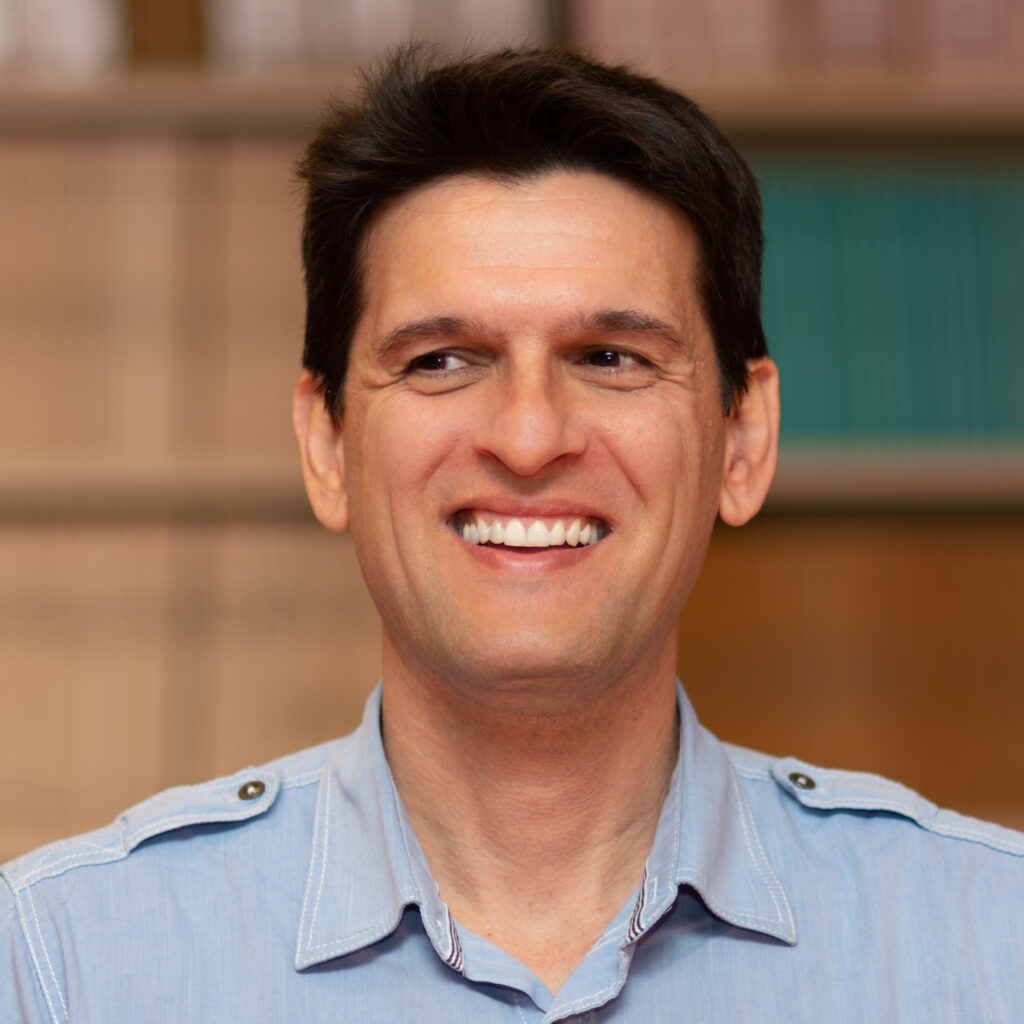
Manolis Mandalakis is an Associate Researcher in the field of “Bioanalysis and Marine Biotechnology” at IMBBC-HCMR. He is an expert in metabolomics, proteomics and other modern nuances of analytical chemistry, with over 18 years of experience in the analysis of biomolecules and organic compounds using various chromatographic methods and mass spectrometric detectors. His research interests include a) targeted analysis of “key” biomolecules in marine organisms (e.g. photopigments, biotoxins, amino acids), b) metabolic phenotyping for the discovery of novel bioactive metabolites and the identification of stress/disease-related biomarkers, c) exploration and biotechnological exploitation of marine organisms/microorganisms and their natural products. Mandalakis coordinates SPINAQUA project, while he is responsible for the implementation of the Work Packages dedicated to the assessment of “Bioremediation Capacity” (WP4) and “Bioproduction Potential” (WP5) of farmed marine sponges within fish aquaculture systems.
RG link: https://www.researchgate.net/profile/Manolis_Mandalakis
ORCID iD: https://orcid.org/0000-0002-7469-4290
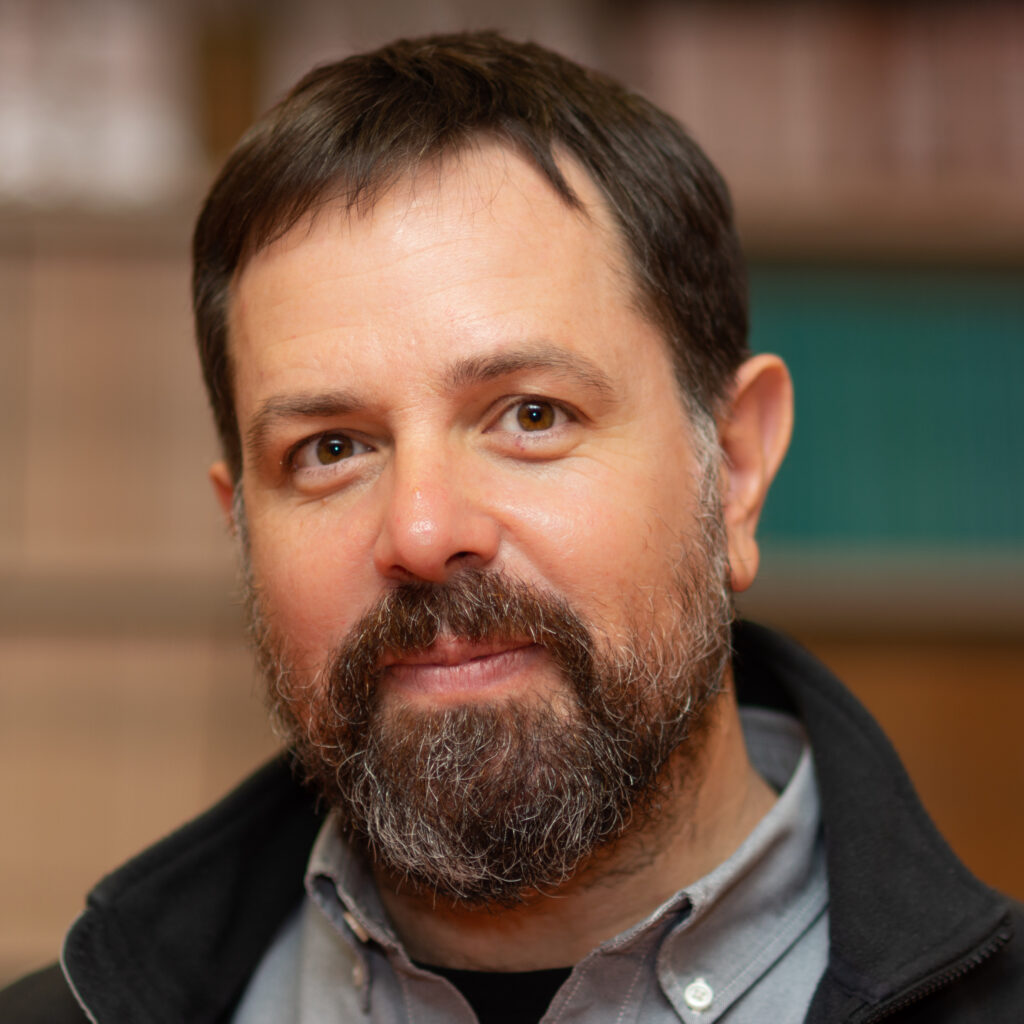
Thanos Dailianis is an Associate Researcher in the field of marine invertebrate biology and biotechnological applications at IMBBC-HCMR. His research focuses on the biology of sponges and their adaptation to environmental gradients, the ecology of coastal habitats including their conservation and restoration, as well as the study of marine biodiversity. He is a technical diver with broad experience in underwater exploration, census, and manipulation of experiments. Dailianis is a principal investigator in the SPINAQUA project and responsible for the implementation of work packages related to the assessment of natural sponge populations and selection of suitable candidate species (WP2), as well as the setup and monitoring of the experimental sponge cultivation adjacent to fish cages (WP3).
RG link: https://www.researchgate.net/profile/Thanos_Dailianis
ORCID iD: https://orcid.org/0000-0002-4102-9331
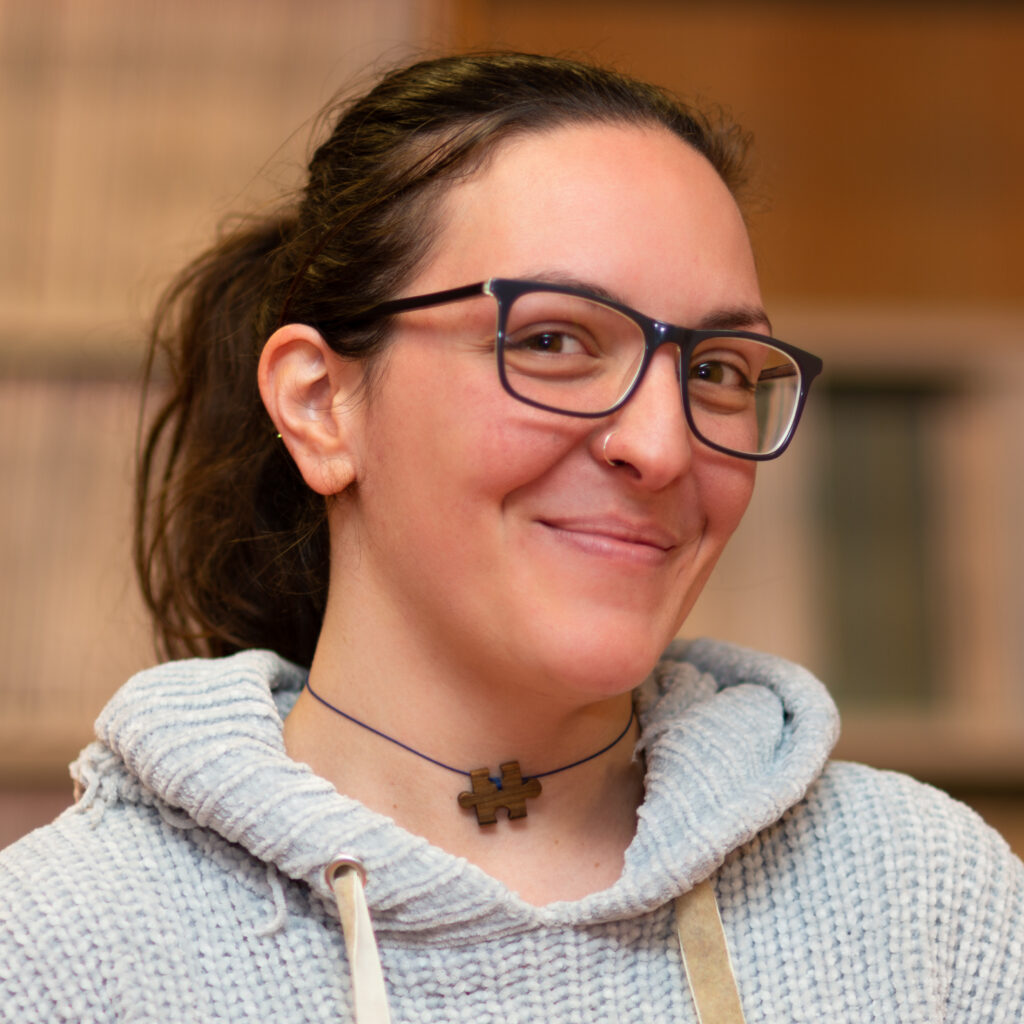
Emmanouela Vernadou is a Biologist with an Msc in Environmental Biology and Management of Terrestrial and Marine Biological Resources. Her interests focus on the ecology of the aquatic environment, as she has been concerned with the ecological quality of the rivers of Crete, with the observation and recording of cetacean distribution in the North Sea and how it is influenced by the environmental factors, and with the fish reproduction in fish farms. She is a scuba diver, so her involvement in the SPINAQUA project is related to the assessment of natural sponge populations (WP2) and the cultivation and monitoring of sponge farming near fish cages (WP3).
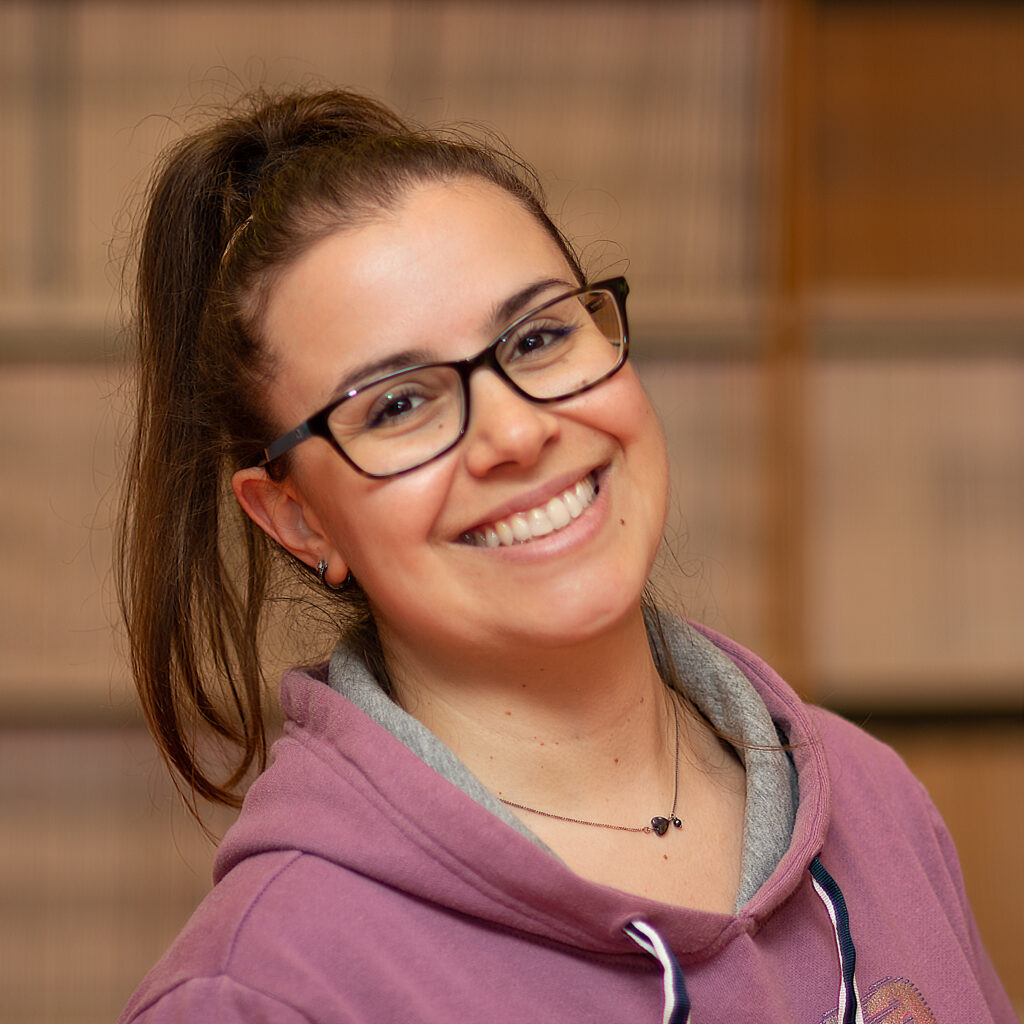
Thekla Anastasiou is a Biologist with an MSc in Environmental Biology and Management of Terrestrial and Marine Biological Resources. She is employed as lab technician at IMBBC-HCMR since 2018. Her research interests include marine biodiversity, marine pollution and biomonitoring, and chemical analysis of biomolecules and organic compounds. She has participated in various research activities ranging from hormone analysis in fish serum using liquid chromatography-coupled with double mass spectrometry (LC-MS/MS), to extraction of total genetic material and analysis of the 16S rRNA gene for the identification of microbial communities. She will support the implementation of the research activities planned in WP4 (“Bioremediation Capacity”) and WP5 (“Bioproduction Potential”) of SPINAQUA project.
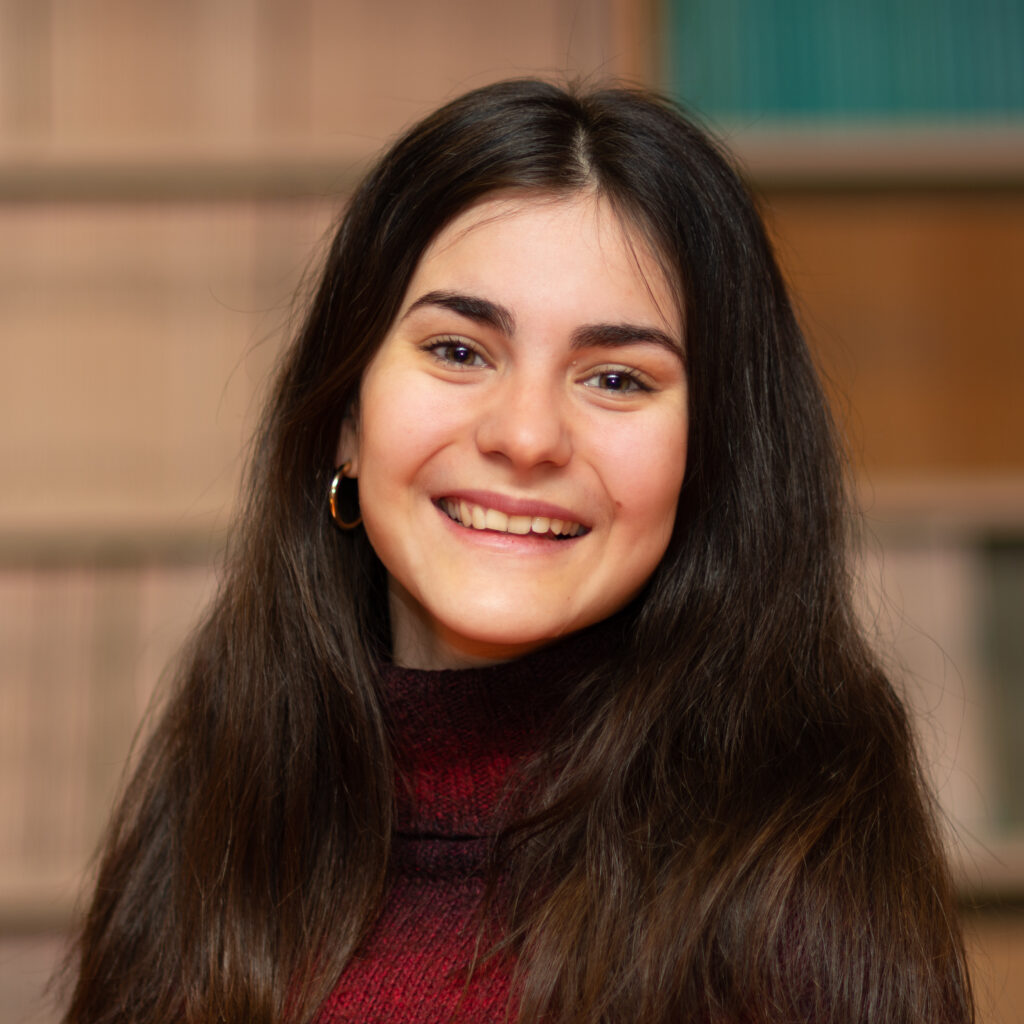
Despoina Varamogianni – Mamatsi is a PhD candidate of the School of Environmental Engineering at the Technical University of Crete and she holds a Diploma in Chemical Engineering from National Technical University of Athens. She has been occupied with the field of Industrial and Environmental Biotechnology and especially, with the production of high added-value products from marine microalgae and lactic acid bacteria from lignocellulosic residues. Her PhD thesis in Environmental Engineering will be performed in the context of the research project SPINAQUA, in which she will support the implementation of the research activities planned in WP4 (“Bioremediation Capacity”) and WP5 (“Bioproduction Potential”) of SPINAQUA project.
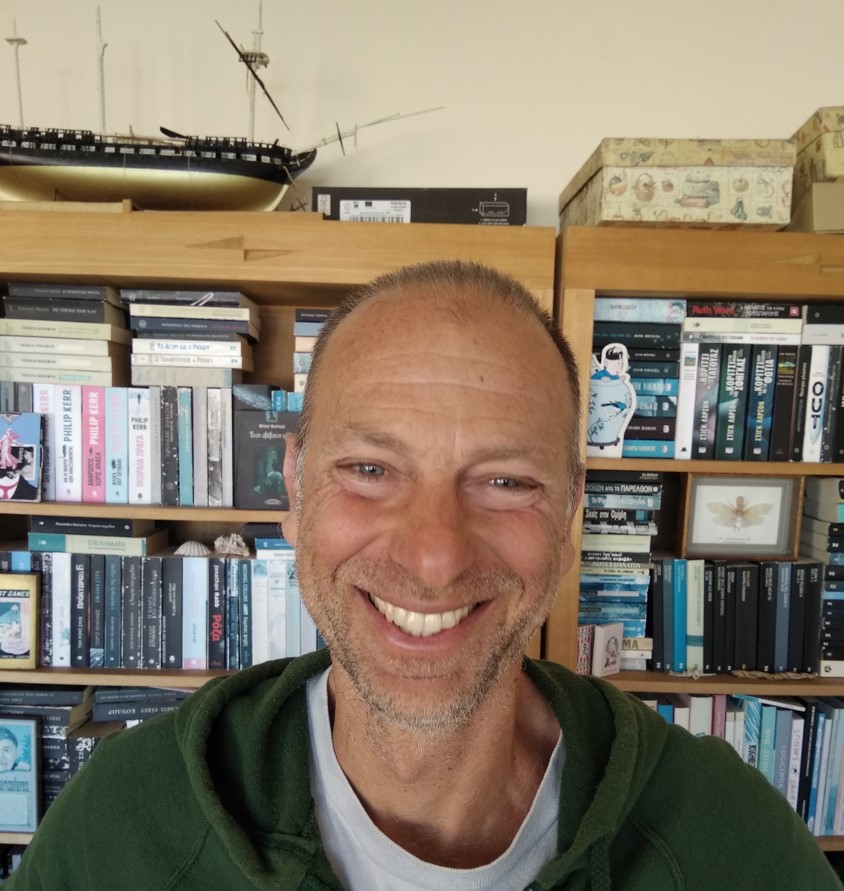
Julius Glampedakis is a professional diver who specializes in scientific diving and underwater photography. He has been involved in scores of projects which, among others, include scientific experiment set-up and monitoring, measuring and collecting of specimens of biological, chemical, geological and archaeological value, ecological assessments, photography and cinematography. His extensive experience in different aspects of underwater works has given him a wider point of view and the ability to transfer the know-how from field to field making the job at hand simpler, shorter, safer and trouble-free. In this project he’ll help the scientists with the field work that includes a sponge variety and population estimate in different areas and habitats (WP2), collection of specimens and the experimental cultivation of the most suitable species in an open sea environment (WP3).
Scientific Advisory Board
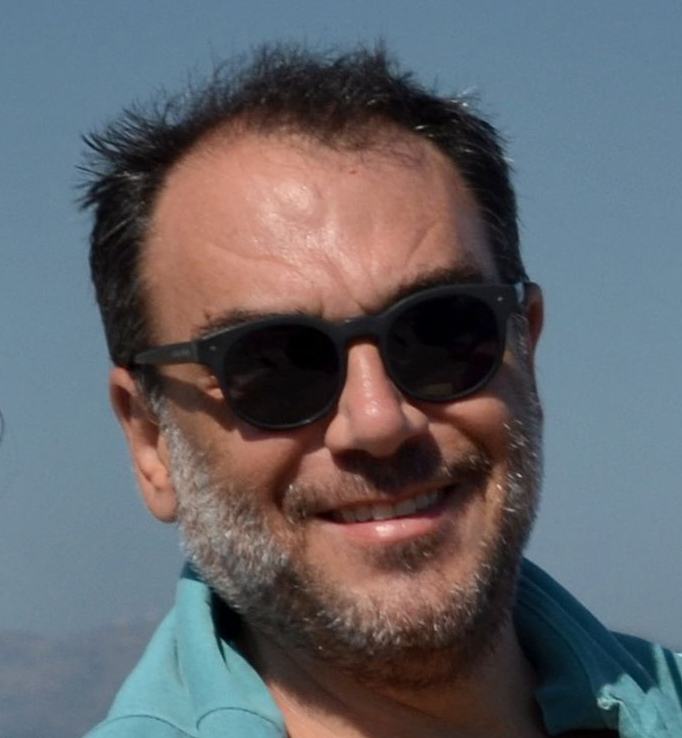
Nikos Papandroulakis research ιs focused on the improvement of marine aquaculture methodologies and technologies. The use of mathematical models of fish growth and food consumption are aiming the development of automated management and feeding systems in hatcheries and cage farms. Since 2000 is interested in the specific diversification of aquaculture with fast growing species like the greater amberjack (Seriola dumerili) and the meagre (Argyrosomus regius) for which methods for larval rearing and grow out are developed. Study of fish behavior (since 2005) in rearing conditions and during stress is aiming to develop methods – indicators for monitoring and welfare management of farmed populations during the production process. Recently he is interested in offshore aquaculture (also at multipurpose oceanic platforms), developing tools for new, monitoring, operation and decision making schemes, towards precision farming. He has published 4 book chapters and more than 100 papers in Scientific Journals and in Journals of International Scientific Societies (1,798 citations, h-index 25). He has been involved as coordinator or partner in 34 National and EU projects (e.g. AquaExcel2020, TROPOS, COPEWELL, DIVERSIFY, TAPAS, CLIMEFISH, PERFORMFISH, iFishENCi and BlueMed SCA). He has participated as lecturer at the “University Master Course in Aquaculture” and the “University PhD Course in Aquaculture” at the University of Las Palmas de Gran Canaria and since 2016 at the “Erasmus+ Joint Master Degree in Aquaculture Environment and Society”.
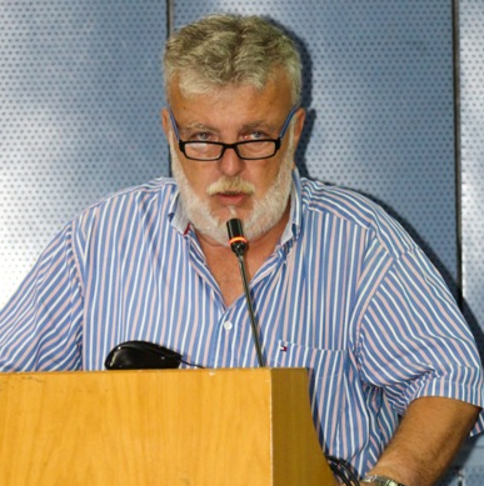
Costas Dounas is Research Director at IMMBC-HCMR and responsible for the Underwater Biotechnological Park of Crete. He has been project coordinator or scientific responsible of numerous European and National R&D projects. His research interests include: the development and study of artificial reefs, the implementation of a network of underwater diving parks along the Cretan coasts; coastal zone management; marine protected zones; fishing gear effects.
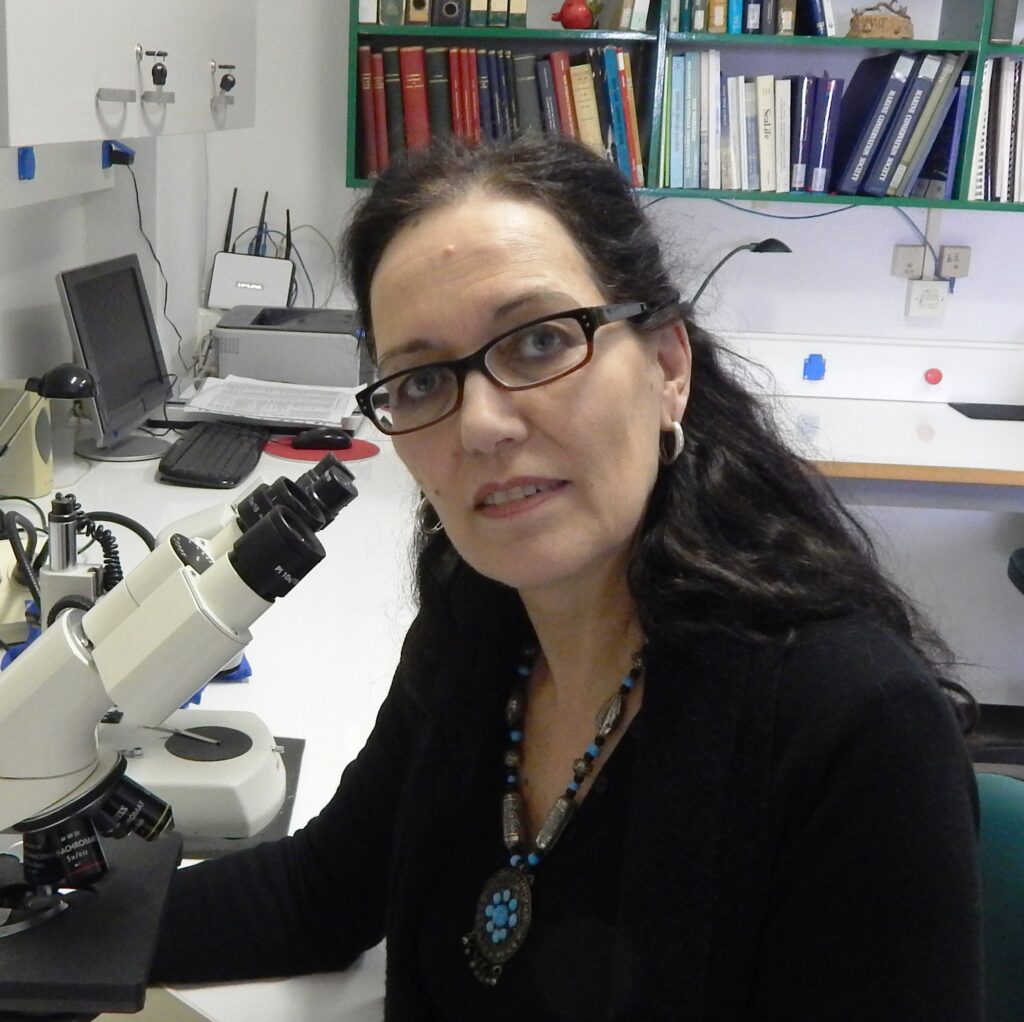
Eleni Voultsiadou is a professor in the Department of Zoology, School of biology, Aristotle University of Thessaloniki. She teaches marine biology, invertebrate zoology and aquaculture. Her scientific interests include marine biodiversity (specifically taxonomy, zoogeography and ecology of sponges), benthic community structure, ecosystem engineering, human impact on marine ecosystem and history of marine biology.
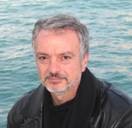
Vassilios Roussis obtained his BSc degree from the National and Kapodistrian University of Athens and his PhD degree from the University of Iowa. He undertook postdoctoral research at Scripps Institution of Oceanography and the NCSR “Demokritos”, before joining the Department of Pharmacy at the National and Kapodistrian University of Athens in 1995, where in 2006 he was promoted to full professor. Since 2008, he has been serving as the Director of the Laboratory of Pharmacognosy and Chemistry of Natural Products. His research interests focus on the chemical investigation of marine organisms from the eastern Mediterranean Sea. In 2015 he received the PSE – Bruker Award “in recognition of his outstanding contributions to chemistry, structure and function of marine natural products”.
